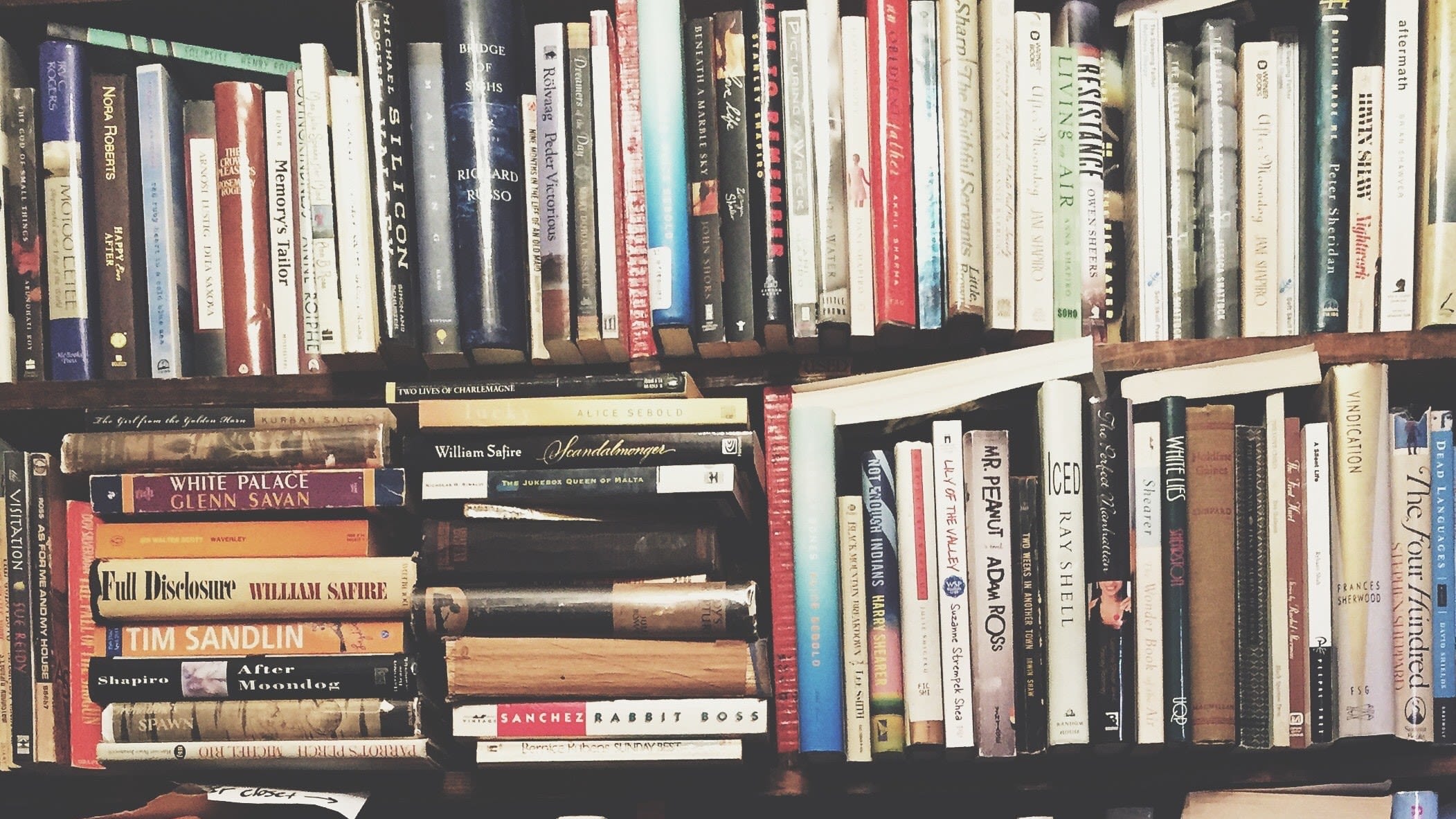6 Common Mistakes People Make When Storing Books (and How to Avoid Them)
I love books so much that I became a writer, so of course, I think it’s important to take care of books and keep them in the best condition possible. Yes, I’m one of those people who thinks you can never have too many books.
If you’re like me and you have a personal library, you may find that you’re running out of space. It might be time to put some of those books away in self storage. That way, you can always access them, and if you live in a larger place in the future, you’ll be able to fill up more bookcases with the ones you stored.
Let’s start with mistakes that people make storing books. Then, cover how to store them so they stay in great shape.
1. Keeping Books in a Humid Place
Humidity is a book’s major nemesis. Imagine going out to your garage after a balmy summer to grab a book you stored in a box to find every one of them damp, sticky, and moldy. Books that take humidity damage will never be the same and many need to be thrown away. This can be especially upsetting when it happens to a signed or otherwise valuable book. What's worse, wet paper can attract pests looking for a source of moisture. Mold is bad enough. You don’t want to find crickets in your collection.2. Keeping Books in a Dry Place
Like many of our important possessions, not only can humidity cause damage, dry air can as well. Imagine the same situation as above, only you go looking for a book after a dry winter to find a box of dry books with cracked covers and spines.3. Keeping Books in the Sun
It would be pretty odd for anyone to purposefully keep their books in the sunlight, but this can happen accidentally. If the sun goes across your living room window and shines on your bookshelves, you may find a streak of fading colors across them eventually. So, keep an eye on where sunlight goes as it shines into your home and close the curtains to protect your books. UV light can do serious damage to them.4. Storing Books Without Dusting or Cleaning Them
Not dusting your books can cause damage over time as the dust gets caked onto the covers and outer pages. So, get a duster and go over your shelves every week or two. Also, if you notice bits of food or other grime on a book, clean it off carefully. On most book covers you can use a slightly damp cloth to do this. Rub gently, and dry gently when you’ve cleaned it as much as you can.5. Using Boxes that Were Used to Store Food
If you store books in boxes that once stored food, such as some you’ve picked up from the grocery store, there’s a good chance that residue will get into your books. At best, the residue will make your books smell. At worst, it will grow mold and attract bugs and possibly rodents.6. Removing Dust Jackets
“Dust jacket” is a misnomer, since they don’t repel dust. However, they do protect the outside of hardcover books and keep some dust off the books themselves. Do your best to keep those dust jackets on their books.How to Store Your Books
Now that we’ve covered, pun intended, the mistakes people commonly make when taking care of or storing their books, we can briefly cover how to store them properly. Back in 2015, we covered how to pack and store your books, and that’s how we’d do it now. However, we have learned a bit more, which we’ll include here. Here’s a checklist of how to pack and store your books.- Use appropriate boxes
- Remove bookmarks & other bits
- Clean and dust each book
- Wrap each book
- Prepare the box
- Put the books inside
- Add packing paper
- Rent a storage space with climate control
- As we covered, books are sensitive to dry and humid air conditions. They don’t like heat much, either. So rent a self storage space with climate control to store them in. Properties generally keep these spaces between 50 and 80 degrees, and the humidity between 30% and 50%, good conditions for books.
- Check your books periodically




